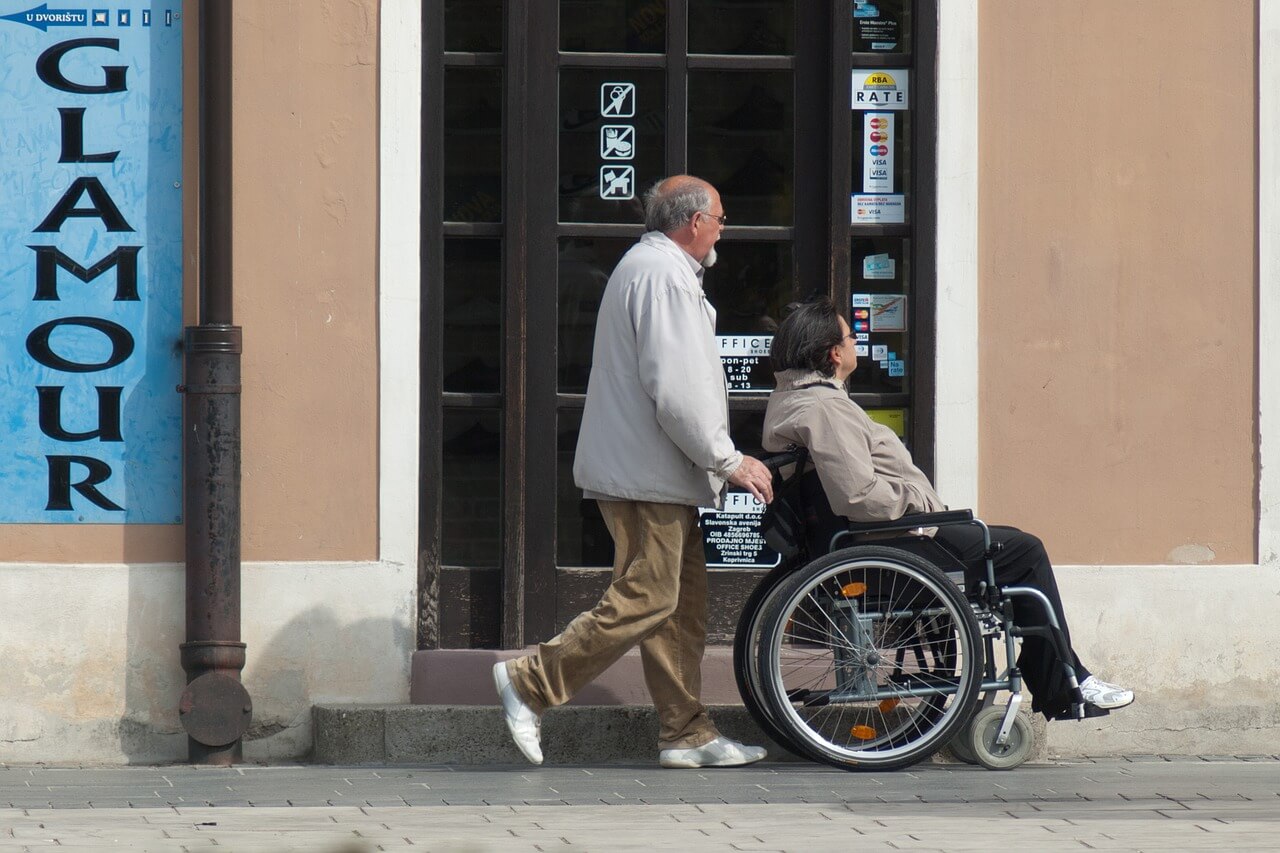Disability is defined as any impairment of the body or mind that hampers certain activities (activity limitation) of a person and interaction with the world around them (participation restrictions).
Over 1 billion people live with some form of disability and these numbers are increasing dramatically. The numbers correspond to about 15% of the world’s population, with up to 190 million (3.8%) people aged 15 years and older. This is due to demographic trends and increases in chronic health conditions, among other causes.
Disability is extremely diverse. Some disabilities are more apparent than others. Disabilities can arise at various stages in a person’s life. Some show at the earliest age while others are at the latter stage of life. Listed below are the common types of disabilities:
Types of Disability
These are discussions of what impairment the different types of disabilities manifest.
-
Physical Disability
Physical Disability is all impairment that limits mobility. It can affect the functions of a part of the body or its entirety and can be seen physically on people. Examples include amputations, spinal cord injuries, epilepsy, among many others.
-
Sensory Disability
This disability involves impairment in vision and hearing. Examples: Blindness and Deaf
-
Intellectual Disability
An intellectual disability is a disability that affects comprehension and cognitive thinking. It involves a permanent limitation in a person’s ability to learn. Examples include Autism.
-
Mental Health and Emotional Disabilities
Mental health and Emotional disabilities may include anxiety disorders, phobias or depression. It may or may not manifest during early childhood.
-
Developmental Disability
These conditions begin during the development of a fetus in the parent’s womb. It is not immediately noticed during birth and may impact a person’s day-to-day function and are within them throughout their lifetime. Example: ADHD, Down Syndrome.
Types of Care
Not everyone is fortunate to have the time and energy to give care to disabled family members; that is why you can opt to hire assistance. Several types of care are out there, but I will only mention three: disability home care, live-in care and overnight care.
Read through each care and decide the assistance you will be needing.
Home care
Having disability home care benefits people who cannot take their loved ones to care centers and instead bring people from the center to administer proper care. They are on-call and only there when required. It includes home support services such as cleaning, meal preparation, grocery shopping, home maintenance, transport, and companionship.
Live-in-care
Live-in care is for people with full-time needs who seek round-the-clock care at the comfort of their own home. It is a win-win situation. The patient gets to receive the treatment while the family can rest easy knowing that their loved one is fully taken care of.
Overnight care
Overnight carers are there for overnight assistance. They are usually after the daycare leaves. It minimizes the risk of accidents throughout the night. You will no longer need to step out of your bed when your loved one needs assistance, as someone is employed to do so.
Whatever it is that you have chosen, always remember that the best type of care you are considering for your loved one is the one you can afford. That extra sleep and less anxiety can make the cost all worth it.




